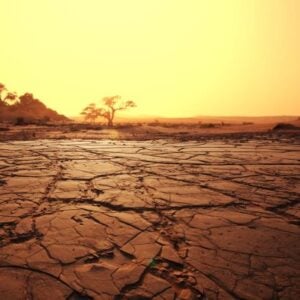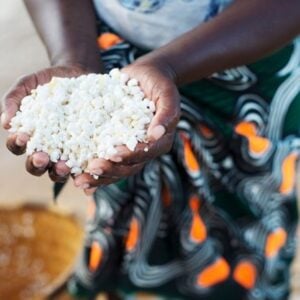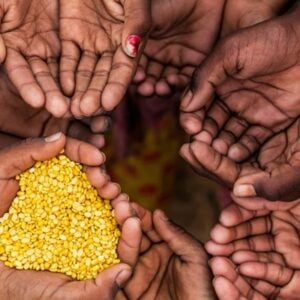Rows of healthy tomato plants now flourish year-round in Uganda’s Bidibidi Refugee Settlement, despite harsh dry seasons that once left the community reliant on humanitarian aid. This transformation is the result of innovative, climate-smart agricultural practices supported by international partnerships. Refugees, like Mary from South Sudan who arrived in 2016, are now actively farming with the help of solar-powered irrigation technology, marking a shift towards self-reliance.
Uganda hosts 1.9 million refugees, many of whom are now engaged in block farming—collectively leasing or contracting land from host communities. This shared farming model promotes food security, generates income, and fosters stronger relationships between refugees and locals. In 2018, Mary joined the Anika Farmers Group, where she began by growing traditional crops like cassava and cowpeas for personal use. However, unpredictable weather made commercial farming difficult.
Significant progress came through the World Food Programme’s (WFP) Ignite Food Systems Challenge, which supports private sector innovations in agriculture. Through this initiative, 12 small and medium enterprises (SMEs) received grants to address food production, climate challenges, and nutrition gaps. The program now reaches over 328,000 farmers, a notable increase from 149,000 in 2021.
One key partnership under this initiative is the Solarizing Livelihoods Activities with Refugees (SOLAR) project, led by WFP in collaboration with Omia Agribusiness and Tulima Solar, and funded by Denmark and Norway. The Anika Farmers Group, once subsistence cassava growers, began cultivating tomatoes after receiving training and access to portable solar water pumps. These tools enabled year-round farming, even in dry spells.
A critical aspect of the SOLAR project is market integration. Omia Agribusiness provides buyback arrangements, ensuring that farmers like Mary have guaranteed buyers for their produce. As a result, the Anika Farmers Group earned over UGX 4 million (about USD 1,000) from just one harvest. In the pilot phase, 589 farmers produced 40,000 kg of crops, generating UGX 86 million (approx. USD 24,000) in just six months.
Mary’s earnings are used not only to expand farming operations but also to buy food and pay for her children’s education. Sustainability remains central to the project, with farmers reinvesting proceeds into seeds, tools, and other agricultural inputs purchased at subsidized rates. They also manage their own water resources through a hand-dug pond.
Looking ahead, the SOLAR project aims to expand its reach to 5,000 farmers across 250 groups and integrate additional technologies such as solar mills and dryers. This initiative underscores WFP’s broader strategy to transform humanitarian aid through private sector collaboration and innovation, enabling refugee communities to become more resilient and self-sufficient.







